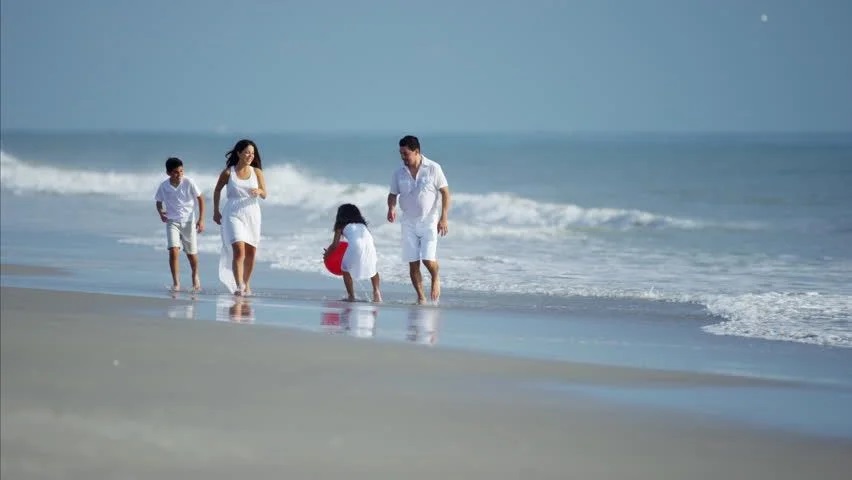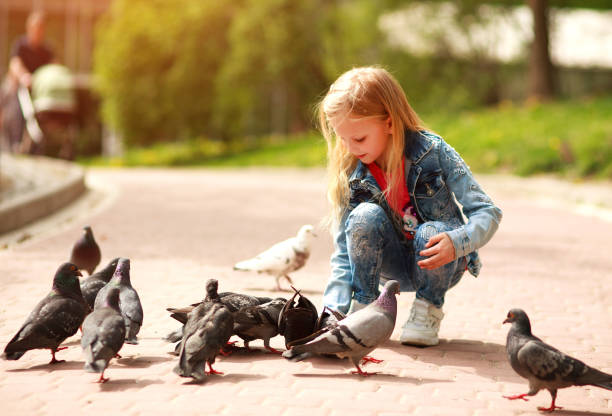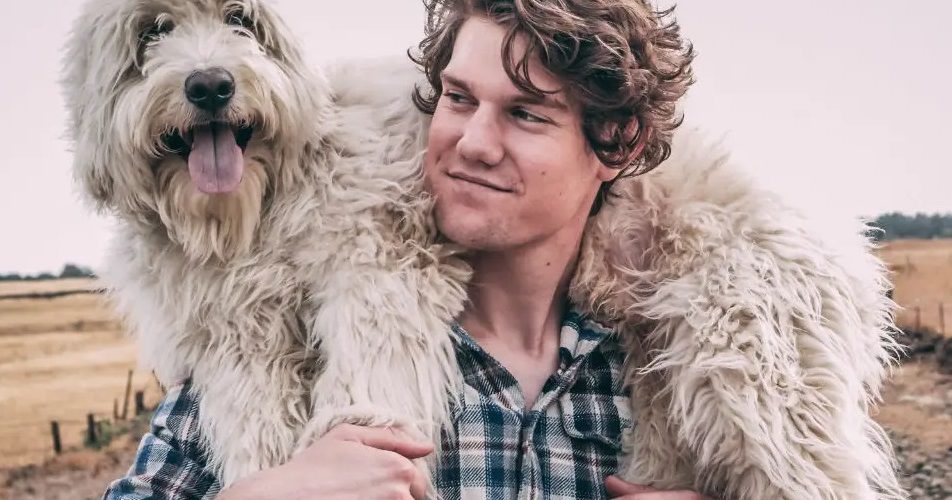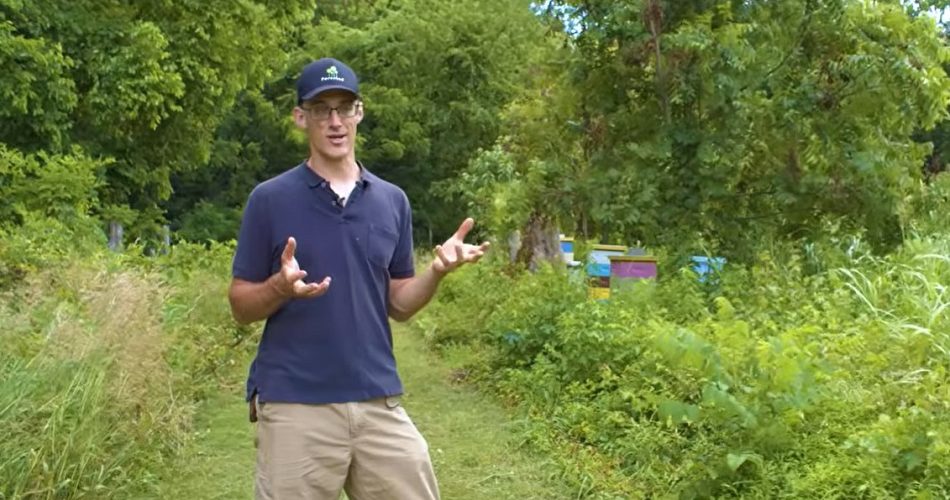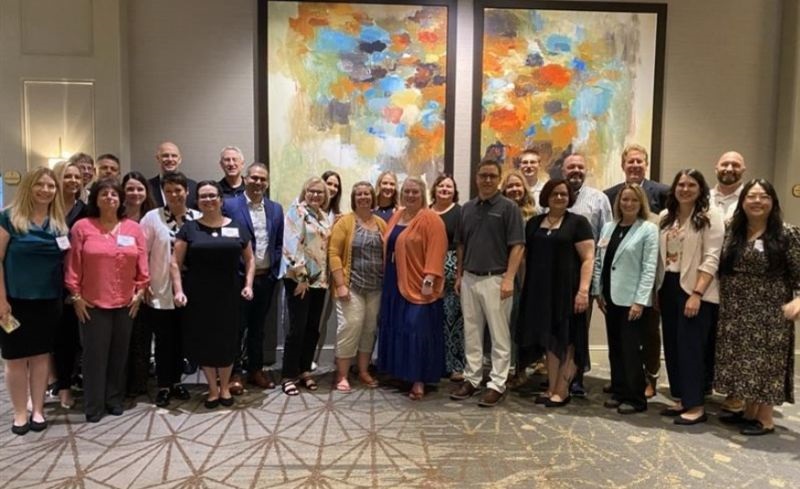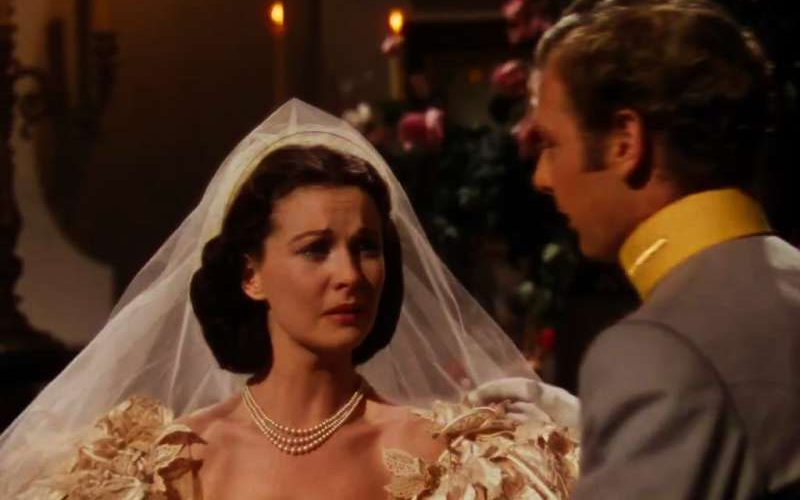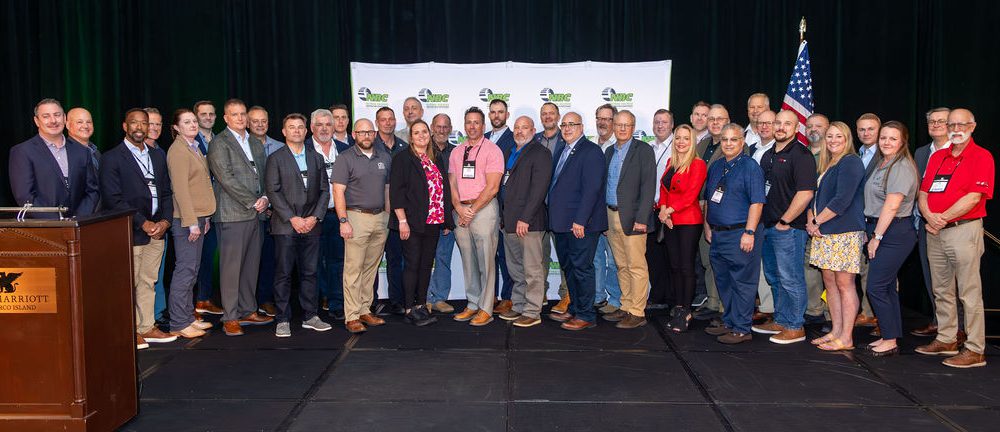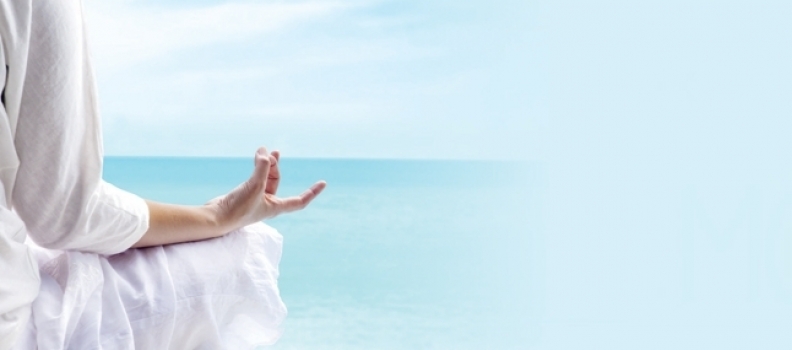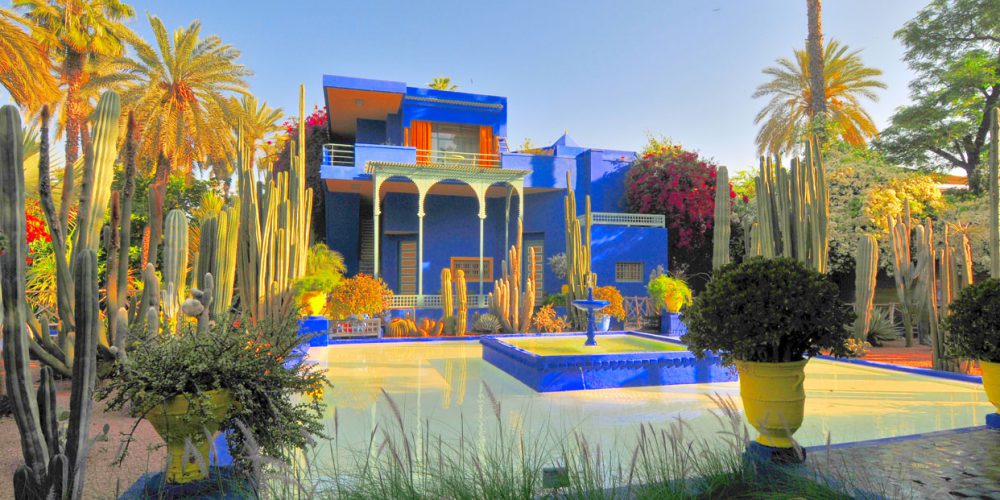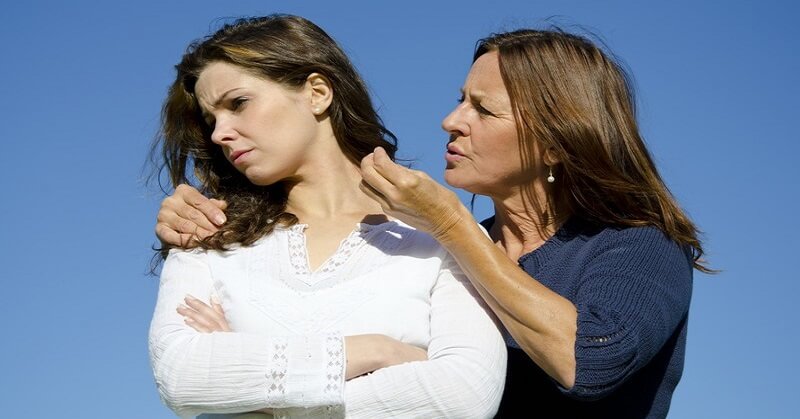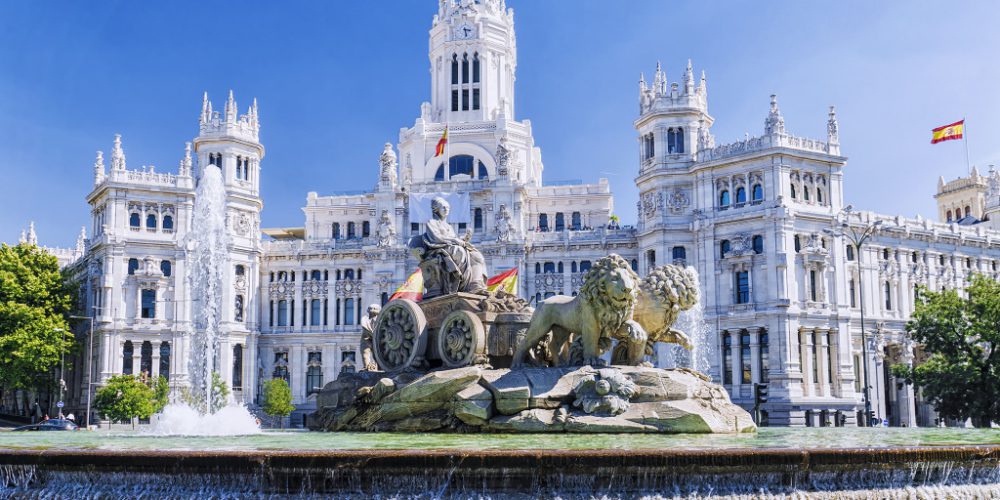The ultimate of happiness.
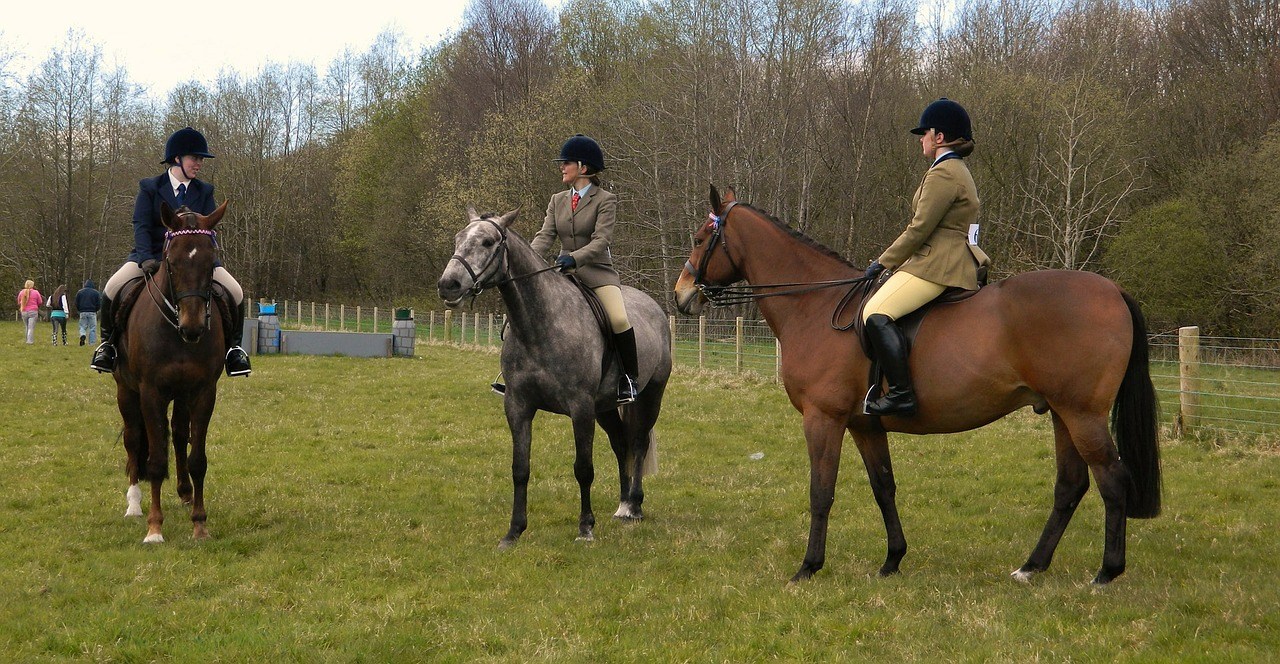
My job is so varied. I am a presenter, filmmaker and a writer. I tell stories about animals. Animals are in my blood – my father was a keen amateur naturalist and so was his father.
If I feel stressed and go for a walk in the woods or by the sea and immerse myself in nature it has the ability to really calm me down.
I found out I had cancer while shooting a nature series around England. I was essentially an animal midwife, watching animals give birth on camera – it was life happening before my eyes. It was a really positive thing to be working on alongside something that was a stark reminder of my own mortality.
My doctor told me that for some women having breast cancer could be a positive experience in some ways. I remember looking at him and thinking: ‘How on earth could that be true?’ But I came to understand that he was right: it forces a shift in your behaviour. In my 20s and 30s, I loved to party. I loved to drink, smoke and have a good time. Getting cancer at 45 marked an end to that. Three years later I run every day, I meditate and I do yoga. I’m a lot healthier than I was in my later 30s.
I spent most of my time worrying. When I became ill, it became clear you don’t have to. I could see these two paths and I was determined to be as positive as I could and, to be honest, it wasn’t as hard as that sounds.
Being around animals a lot of the time definitely releases oxytocin and relaxes you. Gardening has also helped me. It’s the connection with nature that I find meditative – tending and looking after my vegetables. I’ve just bought a cottage in Hastings. There are allotments nearby with a sea view and that for me is the ultimate of happiness.
The National Garden Scheme and Macmillan Cancer Support are encouraging people living with cancer to get active through gardening.


